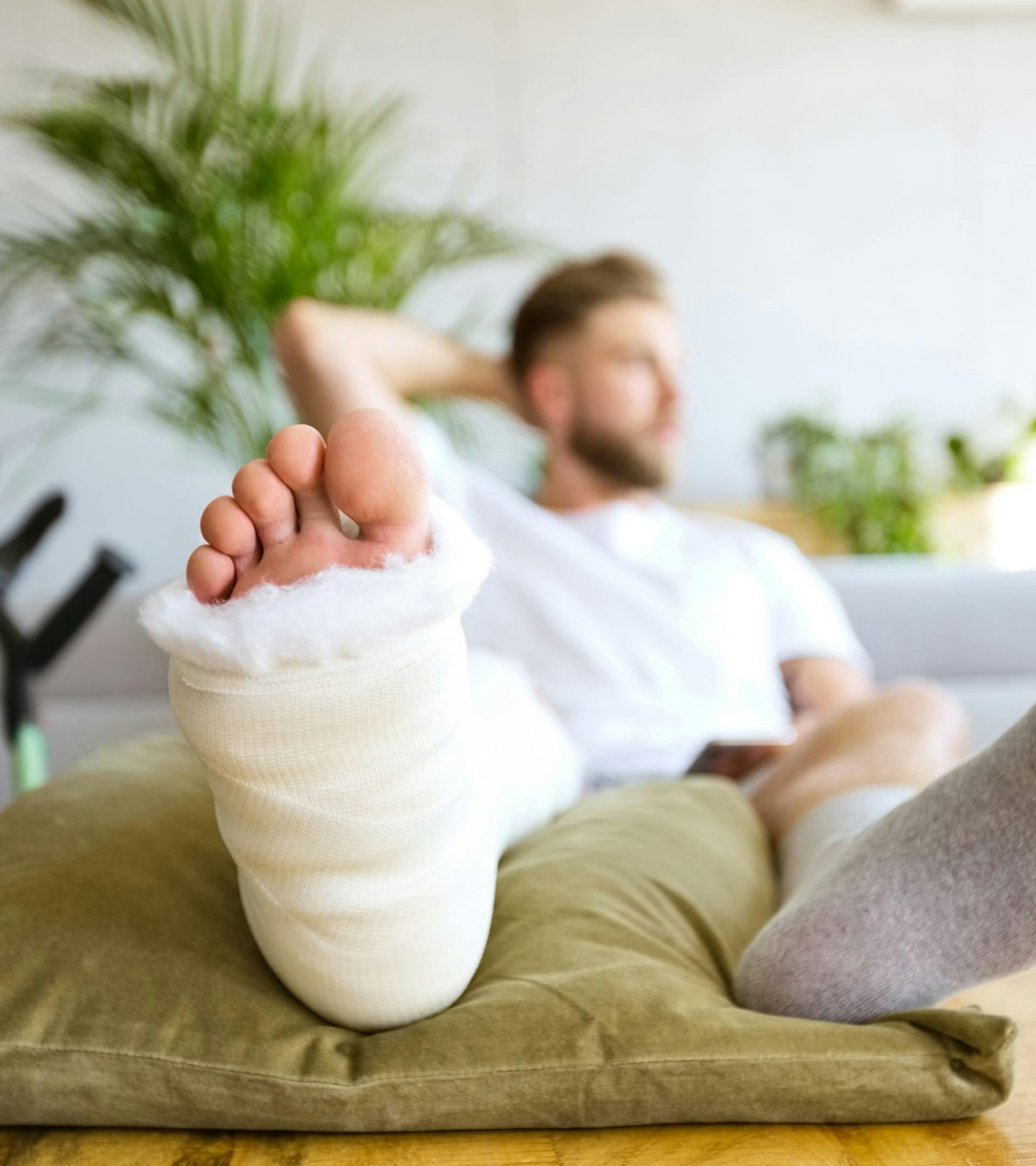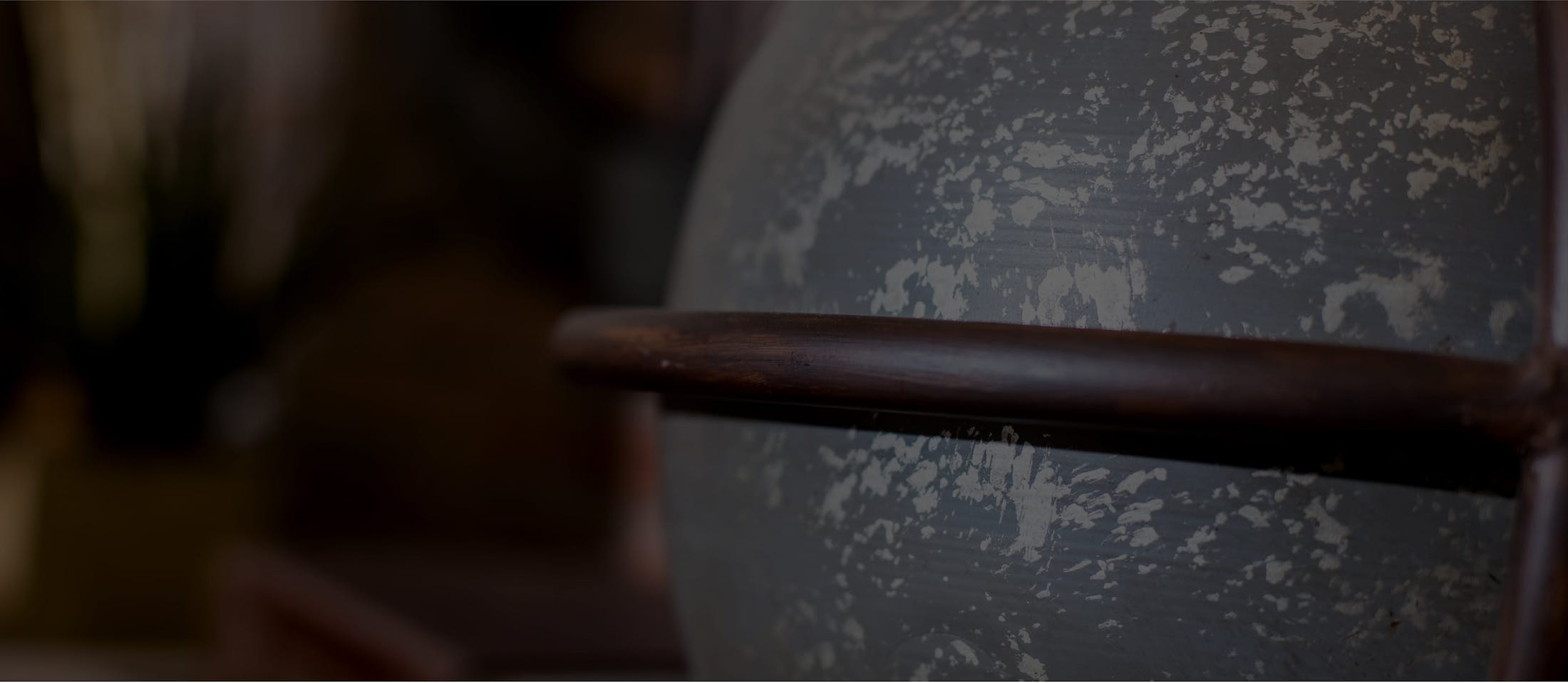Clearwater Personal Injury Lawyers Pursuing Compensation For Victims
What Types of Personal Injury Cases Do We Handle In Clearwater?
Our personal injury attorneys in Clearwater are passionate about protecting the rights of the injured.
Our attorneys handle a wide range of personal injury cases, including:
- Car Accidents
- Motorcycle Accidents
- Truck Accidents
- Boat Accidents
- Jet Ski Accidents
- Ridesharing Accidents
- Bus Accidents
- Train Accidents
- Pedestrian Accidents
- Hit and Run
- Cruise Ship Accidents
- Aviation Accidents
- Medical Malpractice
- Dental Malpractice
- Birth Injuries
- Hospital Malpractice
- Surgical Malpractice
- Nursing Home Malpractice
- Defective Medical Devices
- Product Liability
- Burn Injuries
- Brain Injuries
- Wrongful Death
- Spinal Cord Injuries
- Premises Liability
- Workers' Compensation
Let us put our experience, resources, and knowledge to work for you.










